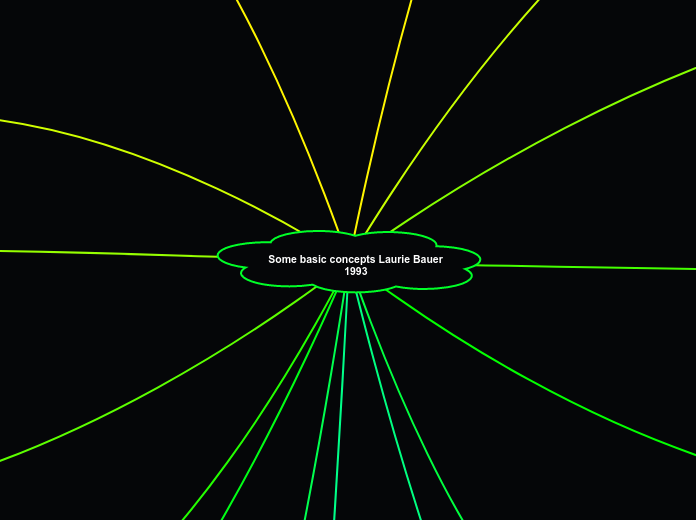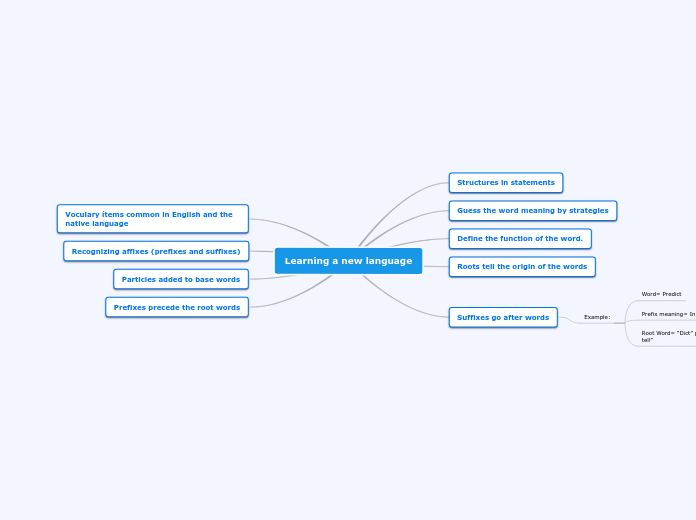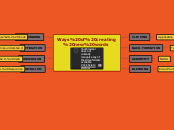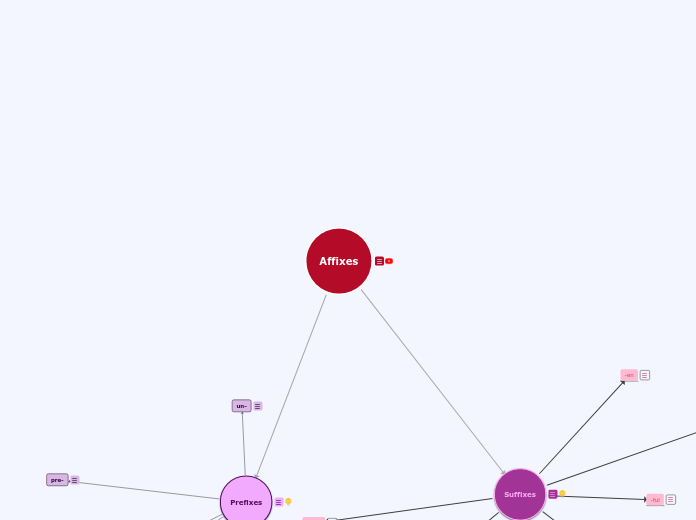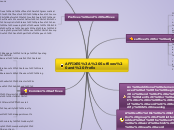av Andrés Calcina Guarachi för 3 årar sedan
302
Some basic concepts Laurie Bauer 1993
The text delves into fundamental concepts of morphology, starting with the definition of morphemes as abstract units of analysis and their phonetic realizations. It introduces the terms morph and allomorph, explaining the latter as phonetically, lexically, or grammatically conditioned variants of a morpheme.
